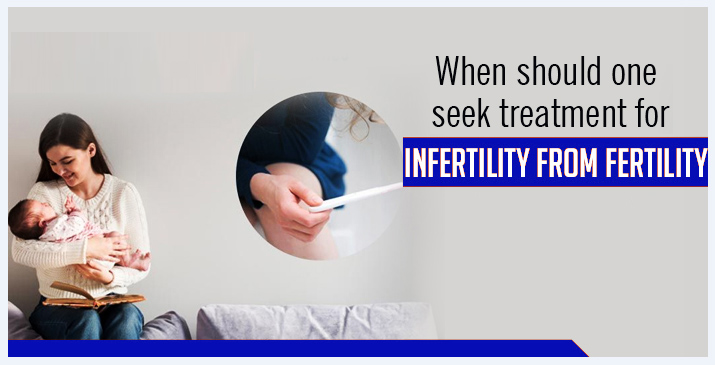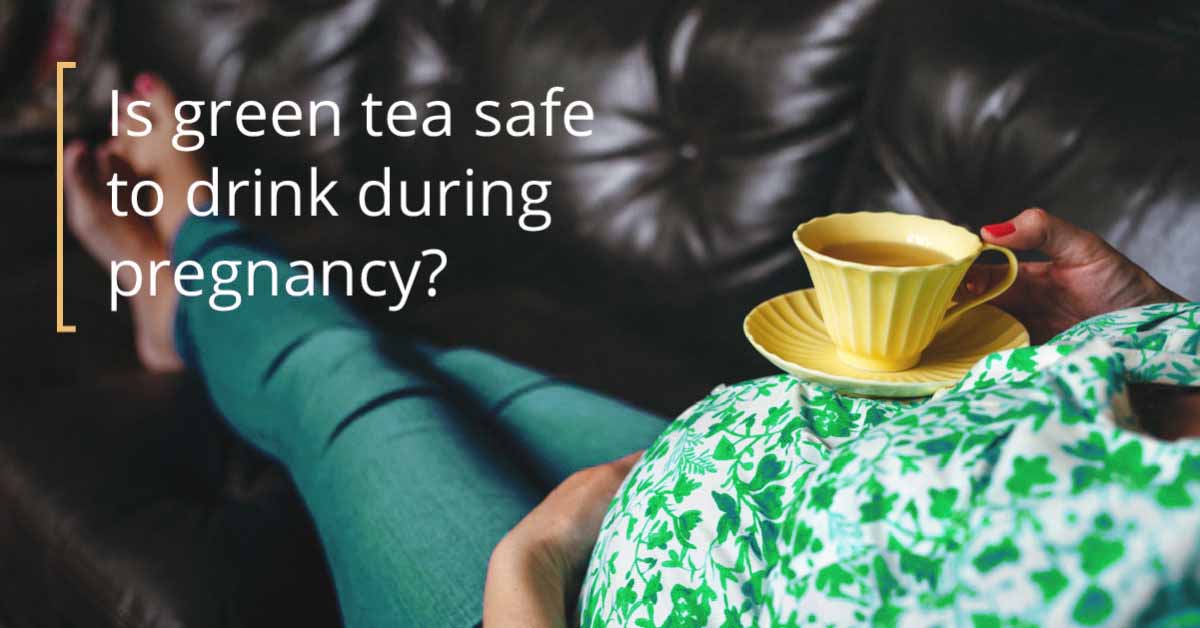Proactive Breast Health: Being proactive about your health at any age is crucial in the fight against genetic disease.
Be proactive about your breast health this Women’s Month and don’t let fear and uncertainty threaten your life, says a leading surgeon and breast health specialist.
Professor Carol-Ann Benn says: “Most people who get breast cancer don’t have risk factors, so they think it can’t happen to them. Breast cancer is one of the most prevalent cancers among women, affecting about one in 27 women over the age of 15 years.”
Benn, founder of the Netcare Milpark Breast Care Centre of Excellence, added: “Although a family history of cancer on either biological parent’s side of the family, can contribute to higher individual risk. Young people do not fit into the usual screening age group where mammograms are recommended for women over 40.
“Younger women who have breast cancer usually present with a symptom such as a mass in the breast, nipple discharge or enlarged lymph nodes.
“Symptoms such as these should be investigated, preferably by an ultrasound scan. Do not wait until your next monthly cycle or hope it will resolve itself. Being proactive about your breast health at any age is crucial. Although survival rates are improving all the time, early detection can make a great difference to the treatment journey and prognosis.”
Benn urges anyone who detects a breast lump to seek a second opinion and investigate all options, especially if appropriate radiology imaging has not been performed.
“If a doctor does a physical examination only or tells you that you are too young to have cancer, ask for an ultrasound,” she says.
“If there is a mass or if you are told it is a fibroadenoma, have a three-month follow-up as the minimum after your first ultrasound as this can tell the difference between a fibroadenoma and breast cancer. If the lump grows, insist on a core-needle biopsy.”
She encourages women with a lump or suspected breast cancer to resist being pressured into making a snap decision about treatment.
“Don’t let a surgeon cut something out without knowing what it is. Under no circumstances should you agree to have surgery to ‘find out if this is cancer’.”
Benn’s SMS abbreviation offers practical advice if confronted with a breast cancer diagnosis: S for Safety: do not be rushed into treatment, surgery or chemotherapy; M for Multidisciplinary: a multidisciplinary team must first provide you with all the options open to you; and S for Second opinion: Seek a second opinion, listen, and ask questions. Consider all options before proceeding with treatment.
The Netcare Milpark Breast Care Centre of Excellence does a multidisciplinary review of the patient within seven days and the process is geared to selecting the best treatment options.
Under Benn’s leadership, the centre was the first breast care centre of excellence to be internationally accredited in South Africa and was invited by the American College of Surgeons’ National Accreditation Program for Breast Centres (revise: correct spelling) to contribute its protocols for the development of international best-practice guidelines.
“Breast cancer treatment has progressed significantly and the vast majority of breast health conditions do not require surgery. Radical mastectomies, where the entire breast and nipple are removed, are no longer used.
“Cancer does not ‘jump’ from one breast to the other, so if you are advised to have a double mastectomy, this should always be questioned and interrogated by a multidisciplinary team,” says Benn.
“Women diagnosed with breast cancer should also be informed and should ask questions about the implications of their treatment options for fertility before starting treatment.”




